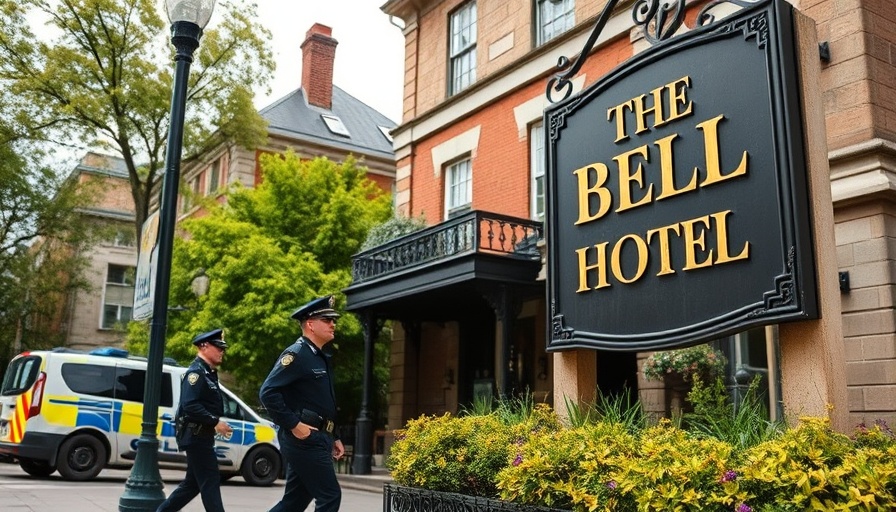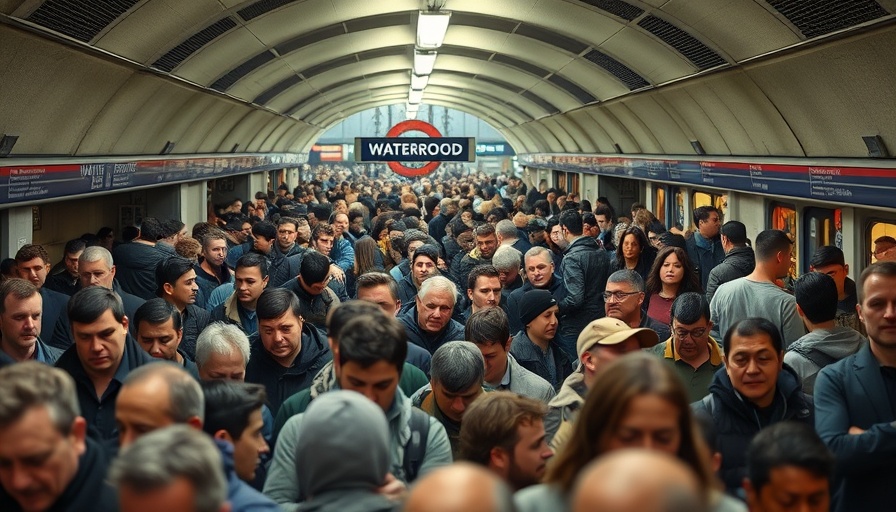
Rethinking London's Workspaces: A Vibrant Nightlife Revival
The once-bustling financial districts of London, such as Canary Wharf and the City, may soon transform from daytime office hubs to nighttime entertainment hotspots. A bold initiative from the creative studio Bompas & Parr suggests reimagining vacant office spaces as "world-class late-night party zones". This revolutionary approach seeks not only to revitalize the nightlife sector but also to breathe new life into urban spaces left vacant due to the rise of hybrid working post-pandemic.
From Office Blocks to Party Penthouses
With fewer than 10,000 residents living in areas like the City, which is home to hundreds of thousands of workers, the potential for noise complaints is minimal, making such transformations feasible. Empty office lobbies, rooftops, and even boardrooms could morph into lively venues featuring DJs, splendid light displays, and dynamic dance floors, creating an energetic ambiance that blends capitalism with counterculture.
Nightlife: A Growing Necessity
According to Michael Kill, CEO of the Night Time Industries Association (NTIA), these shifts are already underway, with discussions about altering zoning regulations to accommodate nightlife operators in these financial centers. He notes that as office attendance dwindles—only peaking three days a week—property owners are increasingly open to exploring alternative uses for their buildings.
Converging Markets: The Future Landscape
The evolving nightlife landscape presents an intriguing opportunity, particularly for the over-50s market, as highlighted by Bompas & Parr. This demographic, shaped by the vibrant culture of previous decades, is now seeking new social outlets that reflect their youthful memories. The interplay of finance and fun could potentially save both sectors, creating an unexpected synergy destined to rejuvenate London’s nightlife.
Join the Conversation
As discussions about these transformations progress, it’s essential for stakeholders in the financial services sector to engage with emerging trends in urban planning and leisure. This collaborative approach will not only shape the future of our cities but also redefine how we experience nightlife in a post-pandemic world.
 Add Row
Add Row  Add
Add 




Write A Comment